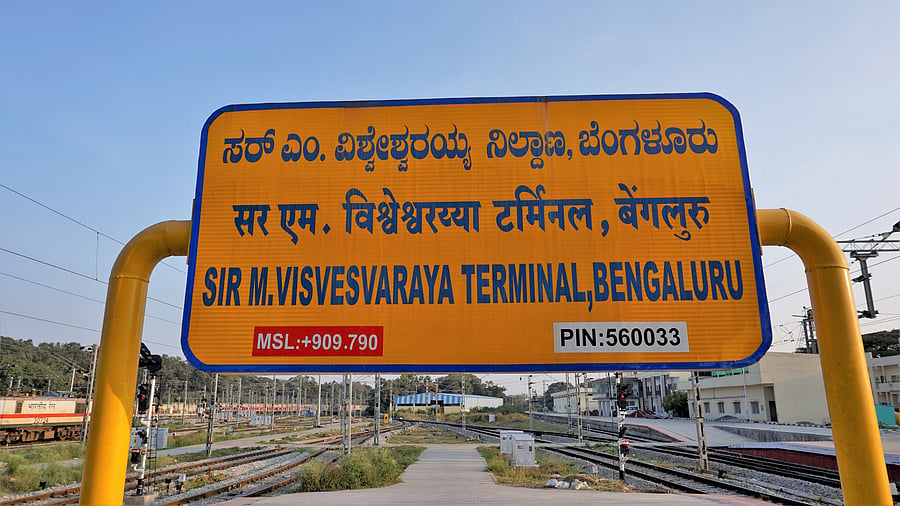
Image for representation.
Credit: iStock Photo
Bengaluru: A recent incident at a Diljit Dosanjh concert, where a Hindi-speaking youth was allegedly harassed by a Kannada-speaking woman, has reignited the ongoing debate surrounding language dynamics in Bengaluru.
Despite the city turning cosmopolitan, scholars warn of two interconnected challenges: the escalation of language politics into fanaticism, potentially leading to violence against migrants, and the weakening of a united front against Hindi imposition as linguistic intolerance grows.
'Outsider' frustration
The city has witnessed multiple instances of verbal and physical abuse against Hindi-speaking populace, including the one last week at the concert where Tanisha Sabherwal, a techie, was allegedly pushed and was asked to speak in Kannada.
Tanisha later took to social media platform X (formerly Twitter) to recount her ordeal. Moreover, there was another viral video of a youth being verbally abused by a Kannada-speaking auto driver for cancellation.
Scholars suggest this hostility stems from growing frustration over issues like rising living costs and paucity of jobs, which has made migration inevitable.
Scholars also said the situation is exacerbated by the ‘superiority complex’ among Hindi speakers in South India who believe Hindi is the national language.
Cultural & linguistic divide
Meera Baindur, a professor of philosophy, pointed to the reluctance of the elite migrants to learn Kannada as a contributing factor. They are also dismissive of the ‘Kannadiga pride’ that often emerge from stronger linguistic identity and statehood.
“The problem is the elite migrants living in their own communities, without engaging with the locals. When the local Kannadiga encounters the elite Hindi speaker who is reluctant to learn the language, it triggers anger,” she adds.
Purushottama Bilimale, Chairman of the Kannada Development Authority, stressed the need for a balanced approach. "With Kannada schools shutting down, we need a liberal attitude, not fanaticism," he said, adding that violence is not the solution. He also pointed to the lack of accessible online resources for learning Kannada as a barrier.